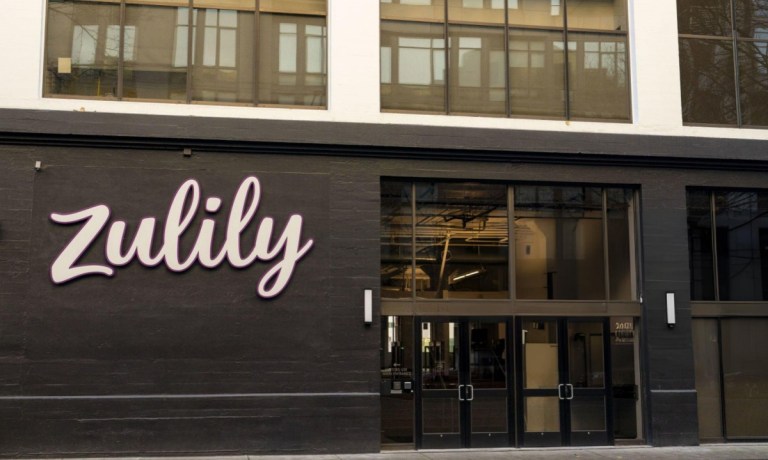
Online retailer Beyond has acquired Zulily, saying the move will boost its position in the off-price market.
Zulily, a flash sale promoter and eCommerce retailer, will join Overstock and Bed Bath & Beyond in its new owner’s portfolio, Beyond said in a Thursday (March 7) press release.
“This acquisition doubles down on our belief in the off-price market, and its importance to building our business, improving our margin profile and growing our customer file,” Marcus Lemonis, executive chairman of Beyond, said in the release.
Combined with Overstock, Zulily will provide Beyond’s vendors with multiple outlets, allowing them to offer their customers various price points, improve their inventory turns and boost their financial performance, according to the release.
For Beyond, the acquisition will give the company access to a global vendor pool, create an opportunity to reengage Zulily’s 18 million customers and enable it to offer additional product categories to Beyond’s existing customer database, the release said.
The company expects the new Zulily site to be fully functional by the end of the second quarter, per the release. Beyond’s other brand, Overstock, is scheduled to relaunch by the end of March.
Zulily will be integrated into Beyond’s back-end systems, and its order fulfillment, logistics and operations will be handled by Beyond’s existing teams, the release said.
“Bringing the trusted Zulily brand into our asset-light business model allows us to offer furniture and home furnishings, apparel and footwear, jewelry and watches, among other categories that are also core competencies of our off-price Overstock business with flash sale deal pricing,” Dave Nielsen, CEO of Overstock, said in the release.
Zulily closed its doors in December, announcing its liquidation process and telling customers it aimed to fulfill all ending orders within weeks.
The company was founded in 2010, went public in 2013 and was acquired for $2.4 billion by QVC parent company Qurate in 2015.
Zulily was known for a flash sale business model that was later adopted by other online retailers, meaning it faced greater competition in both selling and acquiring stock. Its financial troubles mounted in the wake of its purchase by private equity firm Regent from Qurate in May 2023.